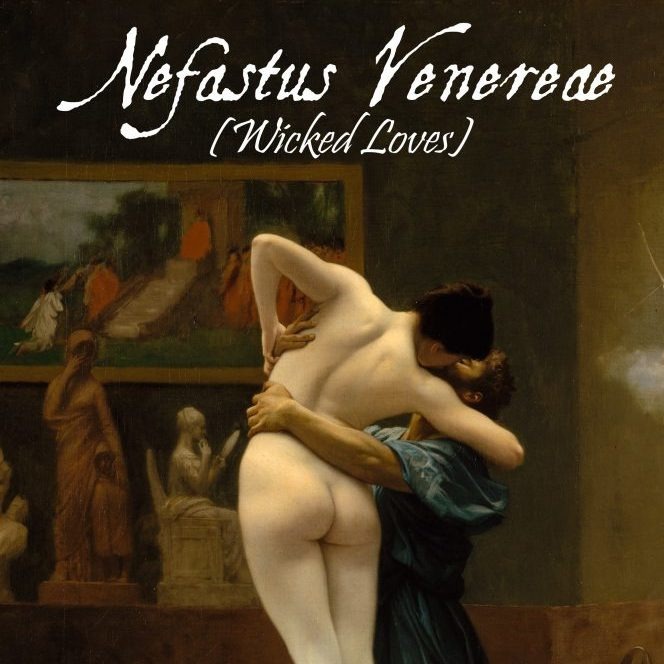
I have to go.” Her smile was warm, her eyes suddenly hunted. They shifted toward the worn wooden door.
She knew. He’d been so careful, betrayed no sign except, perhaps, in the intensity of his gaze. The passion there had betrayed him. He’d been speaking of his art; she was not deceived. She knew.
She wanted—needed—to get out before she had to tell him something that would hurt him. She did care for him, but not as he wanted.
“I suppose it is getting late, at that.” Had she been able to hold her fleeing gaze to his, she would have seen to the bottom of a well of loneliness. A bitter regret stabbed at him, mocking his life and his art.
She was younger than him and not a beauty. Too much care had tarnished her features. Under the long coat, he knew, was a slender attractive figure. It was that he could now confess that had first drawn his attention. But it was her spirit that had ensnared him. She compelled in a way a mere beauty could never have.
He’d been able to mask his interest from himself by an appeal to the promise of her mind and passion for his work. For weeks they’d spent the days here discussing the work and his art, he teaching her from the sources that lined the shelves of the pokey little room that held all he owned in the world. He’d shown her some of the unfinished portions—something he’d never been able to bring himself to do with anyone before.
Now, though, it was ended.
The door clicked closed; he’d missed her departure. On the back of it was tacked a square of paper with the words of a wise man. It read: “Nothing survives except brilliant execution.”
The sands were running for him. In youth, he’d sworn an oath to devote everything to his art. He’d fulfilled his vow. His work was sublime. He was almost unknown. A few critics and scholars spoke his praise, that was all. He was poor and would get more so; old and would get more so; sad and would get more so.
He’d never see the girl again; that he knew.
He turned to the desk, lit the lamp and took up his pen. The regret had died. The loneliness, he also knew, was immortal.


